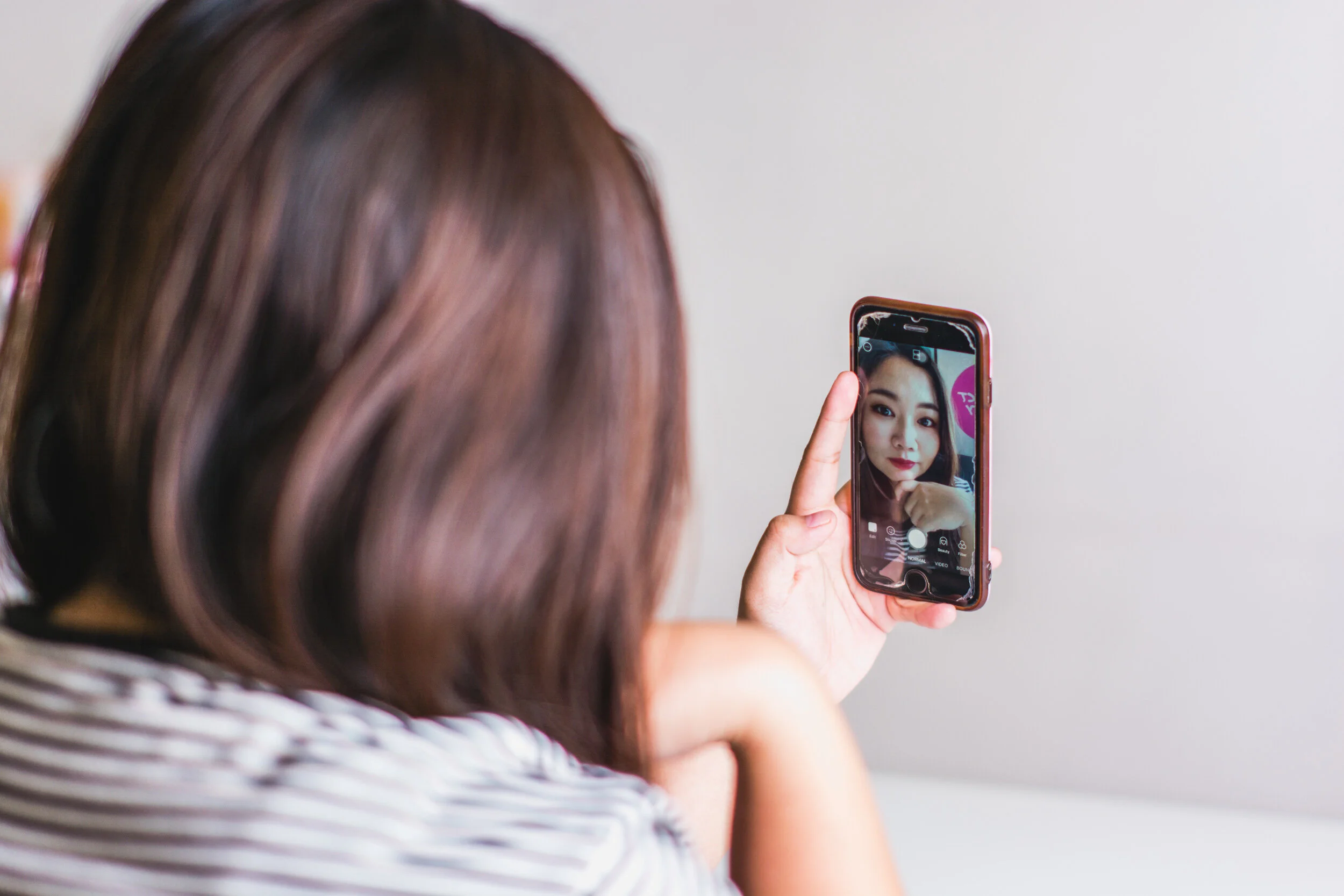New Year, Better You: Six ways to care for your mental health
2020 is not just a new year, it’s also the beginning of a new decade! It’s amazing to realize that in the past ten years, topics that were once deemed taboo are now part of regular conversation. One that is particularly important to PV is taking care of our mental health.
We’ve previously tackled issues like coping with depression and anxiety, and we hope to do more related features. But let’s begin with something that concerns everyone: improving your own mental health as a vital part of your self-care. Good mental health affects how you think and behave in your everyday life, including how you cope with stress and how you bounce back from it. It’s said that when you look good, you feel good, but we think it works both ways! So as we start a new year together, I’m sharing a few things I’ve done to keep my mind healthy and hopefully help you in your own journey.
Take care of your body
Honestly, this should be a no-brainer, but I find it to be one of the harder things to do! Taking care of my body better means eating more nutritious meals, exercising regularly, and getting better sleep. The challenge is turning these changes into a lifestyle, so that they are healthy habits I follow every day rather than just when it’s convenient. The goal isn’t to lose weight, but to get into a mental space that allows me to see my body as worthy of proper care rather than settling for instant noodle lunches or losing sleep over a Netflix binge-fest.
Do a social media cleanse
Do you feel compelled to check Facebook every five minutes, or reach for your phone as soon as the notification sound goes off? It’s honestly difficult to ignore social media! I certainly appreciate how it has made keeping in touch with my family and friends easier, but last year I realized that it was affecting how I saw myself. There are many studies that show how social media affects self-image and cause us to compare ourselves to the Instagram-worthy lifestyles of other people.
I still like using social media to connect, but I now try to limit my intake and usage. There are apps that help you keep track of how much time you spend on your phone. I put that “saved” time into spending more time with my family, writing, and catching up on my reading. I’ve also curated my feeds since I started monitoring how certain posts make me feel. I realized that some content actually bring out negative reactions like sadness or irritation; they’re emotional triggers. Unlike, unfollow, or mute these accounts, and choose to follow ones that inspire you instead.
Get into meditation
When I first started to ask my friends for ways to clear my mind from stress, a lot of them suggested trying meditation. Meditation can help you relax and stay focused, putting you in a better headspace. You can do it anytime and anywhere just by taking a few minutes to close your eyes and focusing on your breathing. If you’ve never tried meditating before and don’t know how to do it, there are apps like Calm that help to set the mood and guide you on what to do. I used this for a while and found that meditation helped me sleep better.
Consider seeing a therapist
I think one of the best decisions I’ve ever made for myself is to seek help from a therapist. This professional helps you process your thoughts and analyze issues, apart from diagnosing your mental health condition. After a couple of sessions, my therapist did an assessment of my condition and helped me create a wellness plan to better manage my stress.
Therapists aren’t just for those with mental issues, just as doctors aren’t just for sick people. They help you stay healthy! I’ve found that it helps to have a therapist guide me into processing my thoughts and feelings into something that I can better understand.
Keep track of your thoughts
One of the things I learned from my therapist was to record my thoughts using a written journal. Reading through my past entries allowed me to see the significant changes in the way I think and see things. In the beginning, I was moody and bottled up my emotions, but I now feel more secure and comfortable with grappling with my thoughts. I can actually identify what I’m feeling and why I’m feeling it!
If you’re not a fan of writing, you can still track your mental state using micro diary apps like Daylio. It may not allow you to be as detailed as your would in a diary, but just being able to track your moods along with your activities can help you be more mindful about doing more of what makes you feel happy and fulfilled.
Surround yourself with good people
I feel very fortunate to be surrounded by family and friends who are very supportive. Spending time with them reminds me that I am loved and valued, which certainly helps to improve my mood.
You may also want to consider finding a support group that you feel comfortable in. After attending the Beauty and Bravery event last year, I found that many members have found a safe space in the Project Vanity Community. Though we’re mostly geeking about beauty, members offer a ready ear and have the willingness to help each other out.
So, how are you feeling? What are your 2020 goals? Let’s chat in the comments section below.
Sources: University of Michigan University Health Service, Mental Health Foundation UK, Black Dog Institute, Help Guide













